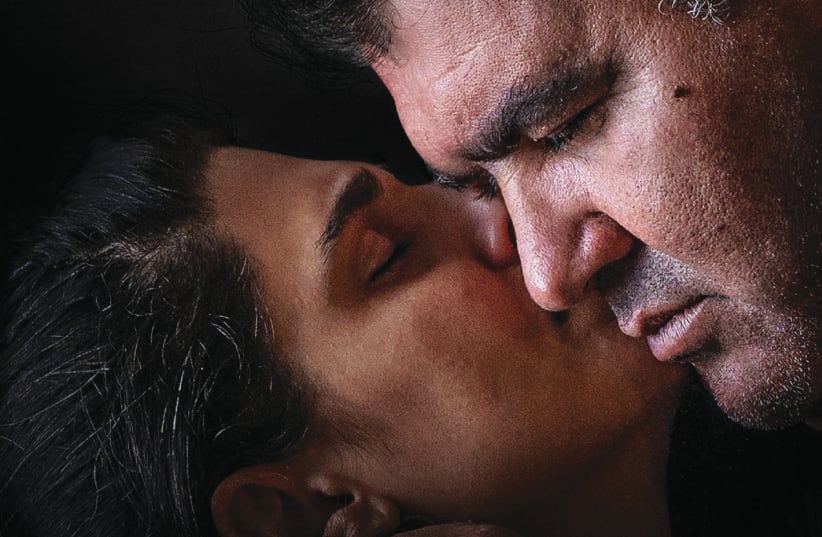‘Ajami’ director on ‘Chained,’ his ‘Love Trilogy’ and truth-telling
‘Cinema speaks in many different voices,” said Yaron Shani, the director of Chained, which opened recently in theaters throughout Israel. “With cinema, I try to go with what’s true.”
